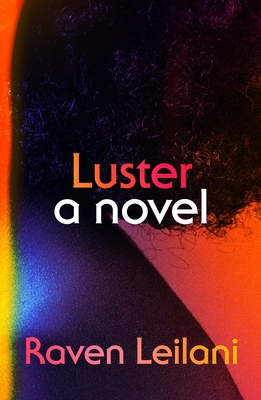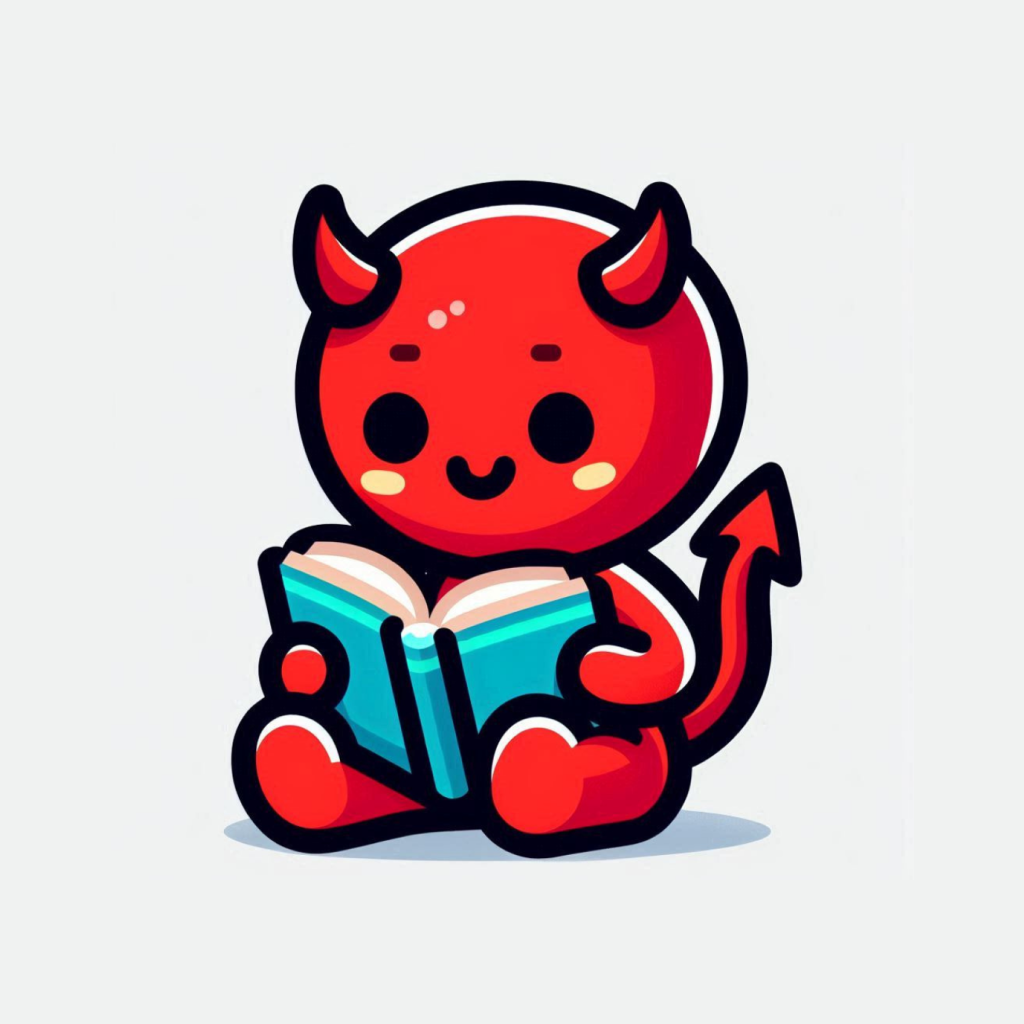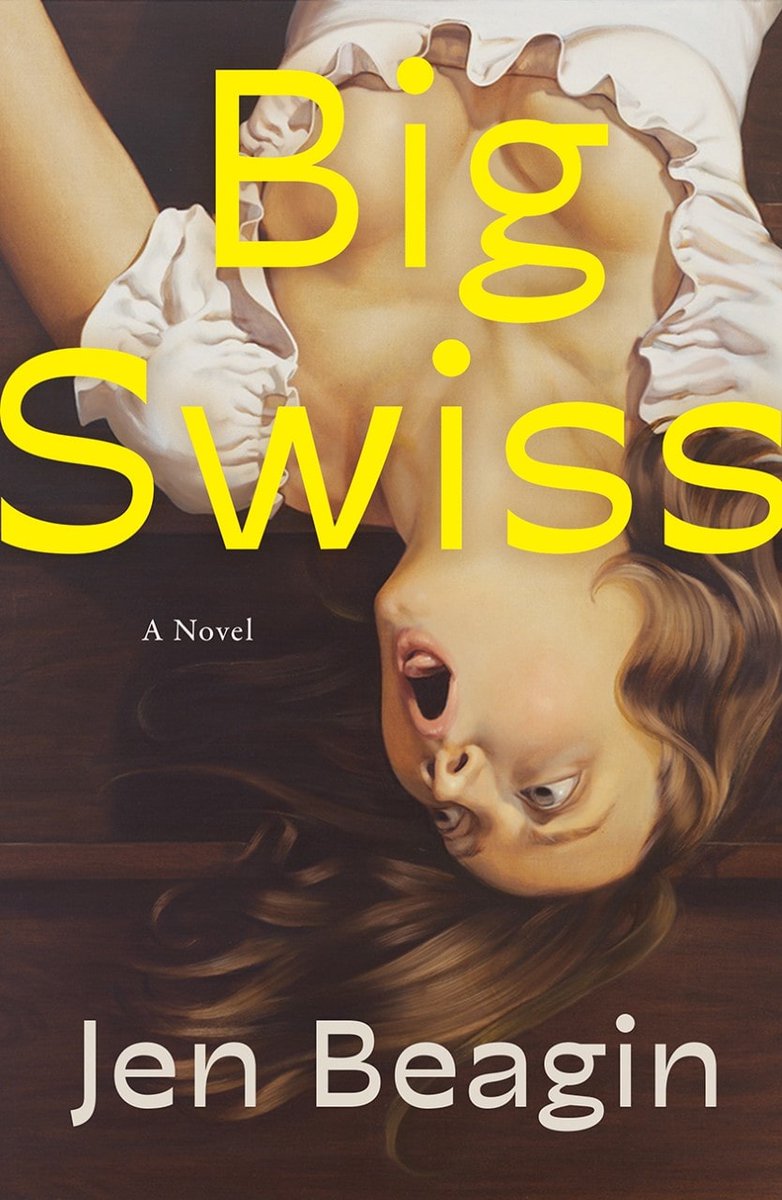Tootie started reading...
72w

Black Friend: Essays
Ziwe Ziwe
From a rapidly rising comedy star, a bold, biting, and deeply hilarious takedown—and send-up—of our culture’s (mis)understanding of race Ziwe made a name for herself staring interviewees in the eye and asking: “How many Black friends do you have?” She’s an expert at making people squirm, coming right out and asking the tough questions about race and racism that our culture has made white people experts at dancing around. In The Book of Ziwe, she turns this incisive perspective on the culture at large, with the signature blend of devastating bluntness and incredible warmth that keeps her guests coming back. Throughout the book, Ziwe mixes bite-sized moments of insight with longer essays that take a range of forms, from serious distillations of cultural phenomena to a transcript of “A Conversation with a Cancelled White Person,” and even a Choose Your Own Adventure-style piece about navigating race in everyday life. Personal and funny, but also challenging and engaging, The Book of Ziwe tackles questions about race and racism head-on, approaching the issue in a manner that evokes the way it comes up in the real world—not through deliberate studies of history and theory, which are so important, but in an awkward conversation at a party or a yikes comment from a coworker in the break room. The book lives in the moment of discomfort that can be the most truly educational way of unlearning biases. Plus, like everything Ziwe does, it will startle you with how much it makes you laugh.
0
Reply
Tootie started reading...
72w

A Sorceress Comes to Call
T. Kingfisher
A dark retelling of the Brothers Grimm's Goose Girl, rife with secrets, murder, and forbidden magic
Cordelia knows her mother is unusual. Their house doesn’t have any doors between rooms, and her mother doesn't allow Cordelia to have a single friend—unless you count Falada, her mother's beautiful white horse. The only time Cordelia feels truly free is on her daily rides with him. But more than simple eccentricity sets her mother apart. Other mothers don’t force their daughters to be silent and motionless for hours, sometimes days, on end. Other mothers aren’t sorcerers.
After a suspicious death in their small town, Cordelia’s mother insists they leave in the middle of the night, riding away on Falada’s sturdy back, leaving behind all Cordelia has ever known. They arrive at the remote country manor of a wealthy older man, the Squire, and his unwed sister, Hester. Cordelia’s mother intends to lure the Squire into marriage, and Cordelia knows this can only be bad news for the bumbling gentleman and his kind, intelligent sister.
Hester sees the way Cordelia shrinks away from her mother, how the young girl sits eerily still at dinner every night. Hester knows that to save her brother from bewitchment and to rescue the terrified Cordelia, she will have to face down a wicked witch of the worst kind.
0
Reply
Tootie finished reading and left a rating...
72w
0
Reply
Post from the Blue Sisters forum
72w
Tootie joined a quest
75w
Taboo Topics ⚠️ 👀 😈
💎 // 1602 joined
Not Joined

Subversive reads from authors unafraid to tackle taboos.
0
Reply
Tootie TBR'd a book
75w

Luster
Raven Leilani
Edie is just trying to survive. She’s messing up in her dead-end admin job in her all-white office, is sleeping with all the wrong men, and has failed at the only thing that meant anything to her, painting. No one seems to care that she doesn’t really know what she’s doing with her life beyond looking for her next hook-up. And then she meets Eric, a white middle-aged archivist with a suburban family, including a wife who has sort-of-agreed to an open marriage and an adopted black daughter who doesn’t have a single person in her life who can show her how to do her hair. As if navigating the constantly shifting landscape of sexual and racial politics as a young black woman wasn’t already hard enough, with nowhere else left to go, Edie finds herself falling head-first into Eric’s home and family.
Razor-sharp, provocatively page-turning and surprisingly tender, Luster by Raven Leilani is a painfully funny debut about what it means to be young now.
0
Reply










